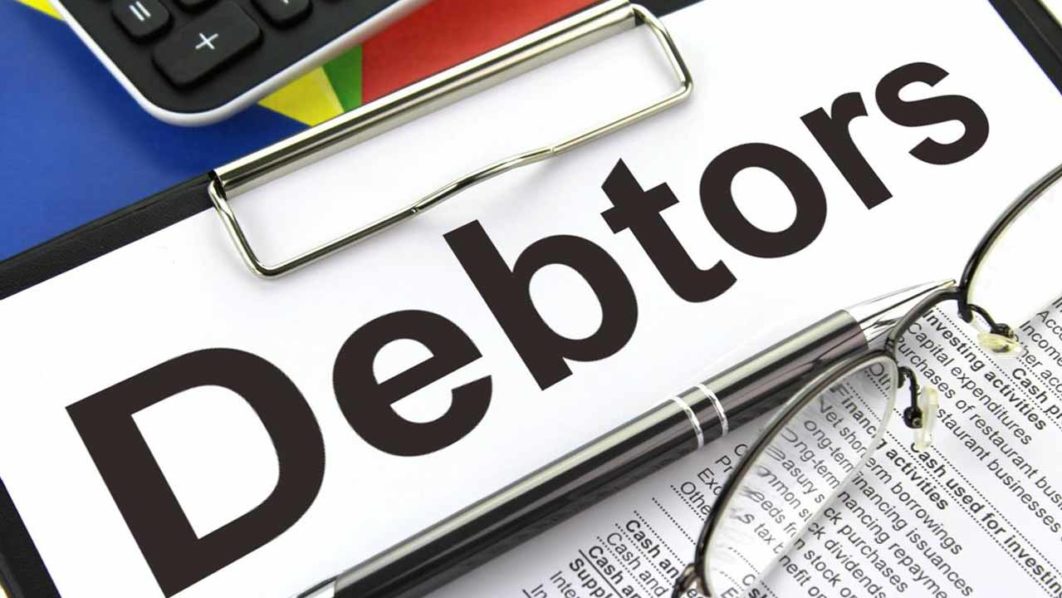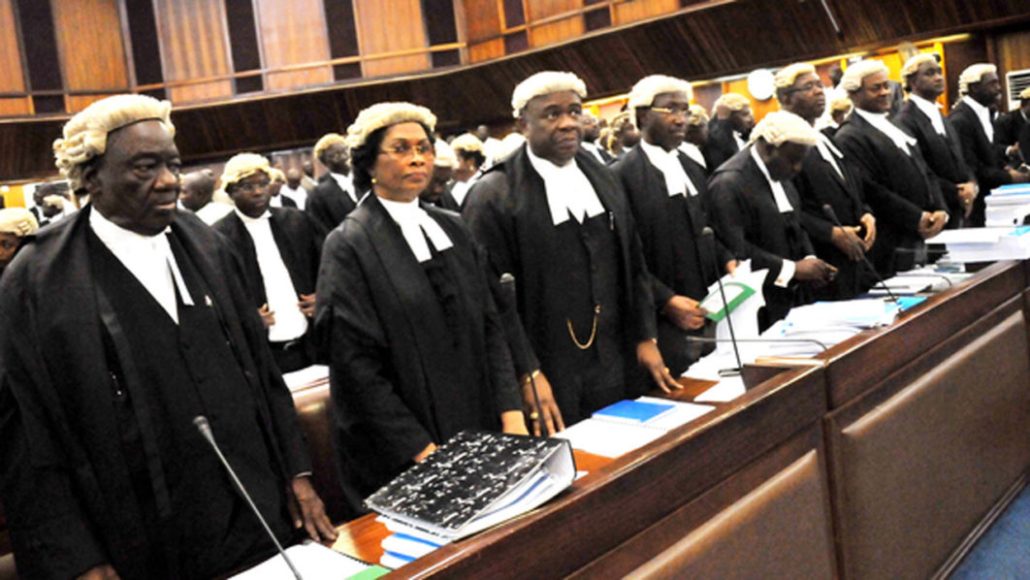The Liquefied Petroleum Gas (LPG) industry in Nigeria is witnessing growing friction following Aliko Dangote’s announcement to crash the price of cooking gas and begin direct sales to consumers if current distributors fail to align with his vision for affordability.
The President of the Dangote Group made this known during a recent visit to the Dangote Refinery in Lekki, where he hosted a delegation from the Lagos Business School CGEO Africa. According to Dangote, the aim is to make LPG more accessible to ordinary Nigerians and reduce dependence on firewood and kerosene.
“We currently produce around 2,000 tonnes of LPG daily,” Dangote said. “It’s expensive right now, and we are working to make it more affordable. If distributors resist, we’ll sell directly to consumers.”
At present, cooking gas prices range between ₦1,000 and ₦1,300 per kilogram, a cost many Nigerians can barely afford. Dangote’s refinery, which reportedly has the capacity to produce 22,000 tonnes of LPG daily, is expected to scale production to help stabilize supply and price.
However, the proposal has sparked a backlash among industry players who believe the move could disrupt the sector’s stability and create a de facto monopoly. Some dealers fear it would sideline existing investors who have contributed significantly to the growth of Nigeria’s LPG sector.
Godwin Okoduwa, former chairman of the LPG and Natural Gas Downstream Group at the Lagos Chamber of Commerce and Industry, criticized Dangote’s plan, calling it “monopolistic.”
“The LPG market grew from 70,000 metric tonnes in 2007 to over 1.3 million tonnes by 2022 due to collaboration—not competition,” Okoduwa said. “Growth like this came from joint efforts involving the federal government, Nigeria LNG, and offtakers.”
He added that while Dangote’s investment is notable, it must not come at the expense of other players who have invested time and resources in building the market. “We can grow the pie together. The market has the potential to hit 5 million tonnes, and collaboration, not domination, is the way forward.”
Okoduwa urged Dangote to focus on underserved areas like the North-East, where LPG adoption remains very low. “If he really wants to help, let him develop infrastructure there,” he suggested.
On his part, Bassey Essien, Executive Secretary of the Nigerian Association of LPG Marketers, questioned the feasibility of Dangote’s plan to bypass the distribution chain.
“It’s not realistic,” Essien said. “Even with petrol, the refinery hasn’t been able to sell directly to motorists at cheaper prices. Why should cooking gas be any different?”
The LPG sector appears divided between the excitement over lower prices and the anxiety of market domination. As Dangote’s refinery ramps up gas production and expands into fuel distribution—including diesel, petrol, and aviation fuel—industry stakeholders are calling for regulation, fair competition, and collaborative dialogue to ensure sustainable growth.





